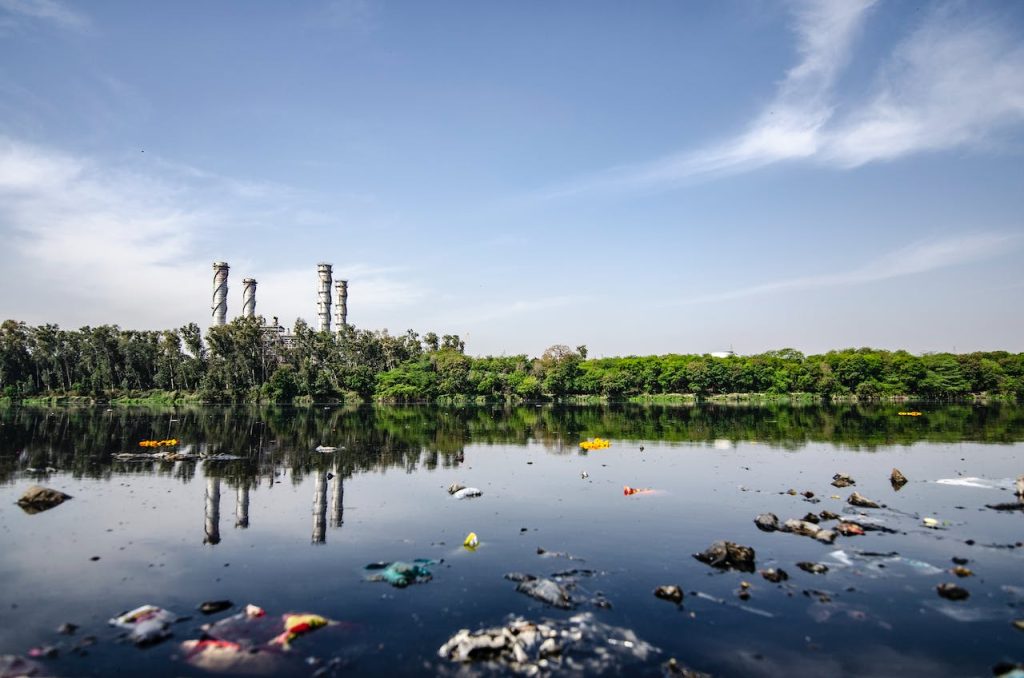Discover all the seasonal trends, inspiration and latest colours of fabrics here in one place.
Every fabric is a story, waiting to be told. Take a look at our fabric collection and find your next project’s perfect match here.
It's easy to get lost in this big, wide world of words. To make it easier for you, we've created a list of notes and reminders to get you back on track with the things that matter most.
Bring your ideas to life with our custom order of fabrics. We are here to help you make your vision a reality.
A world of possibilities awaits in our fabric collections. Discover the newest trends and find just the right solution for your next project.





Products
- Eco Fashion
- Everyday Wear
- Sport
- Best Seller
- Dictionary
- Woven vs Knit
- Certification
- Partial Customization
- Full Customization
Discover all the seasonal trends, inspiration and latest colours of fabrics here in one place.
Dive into all the value and history of our company, where we came from, and how we got here.
We strive to be the highest and foremost leader in the best purchase experience domestically and internationally.



About Us















